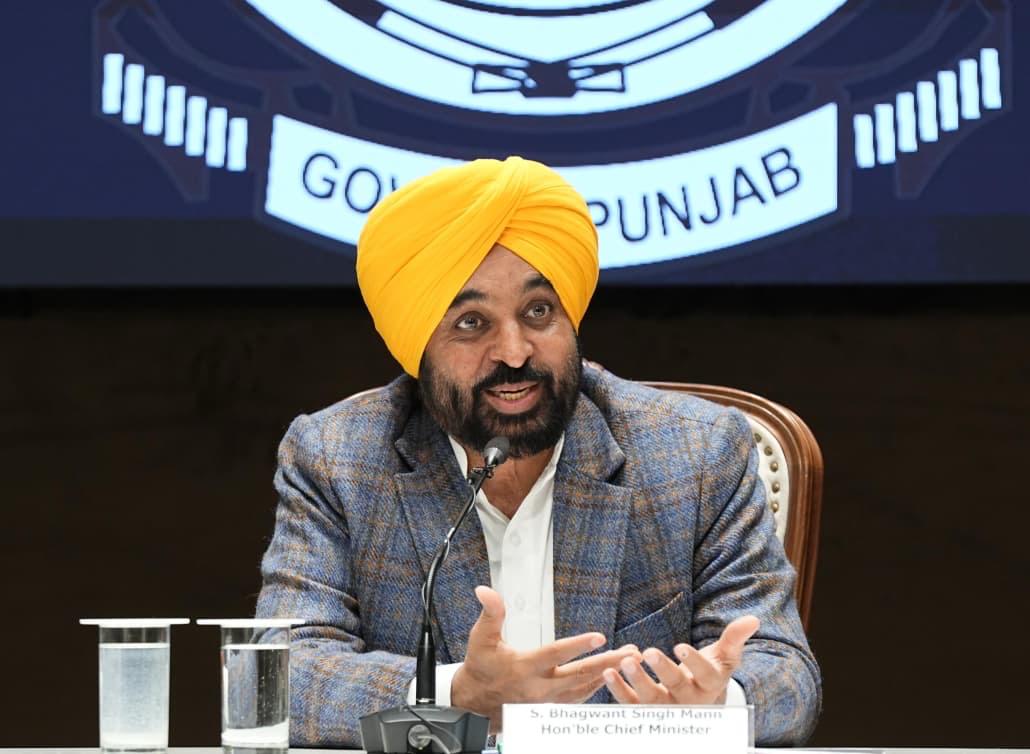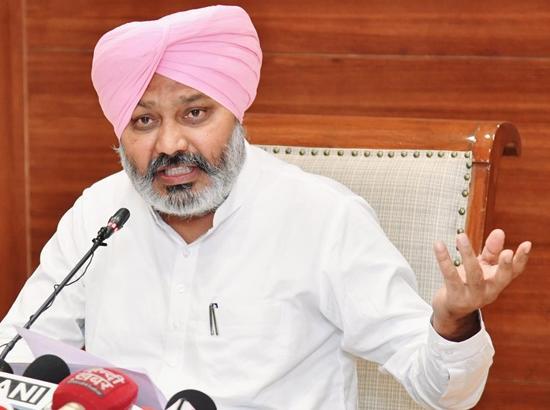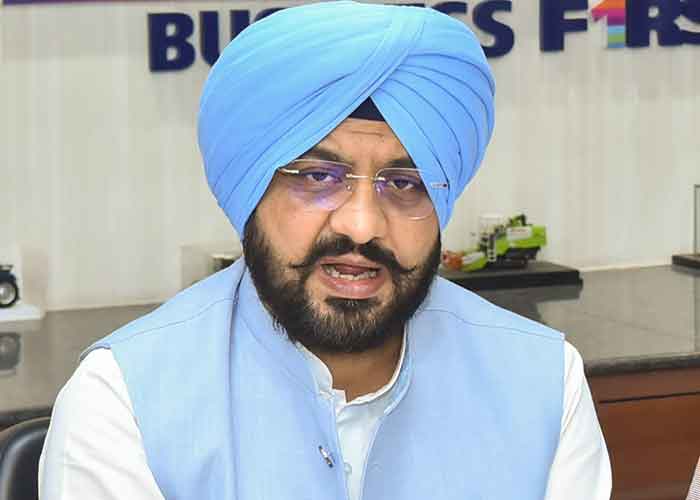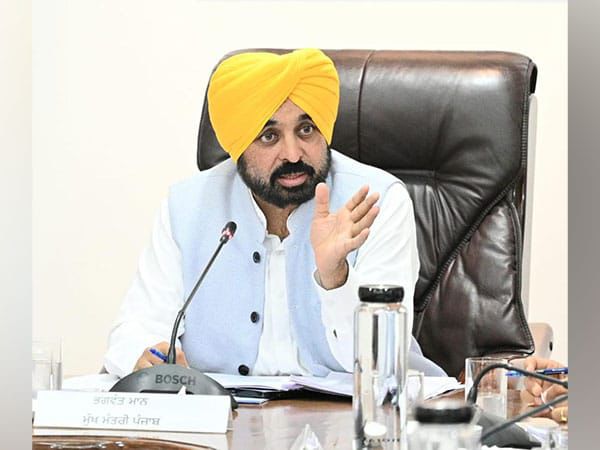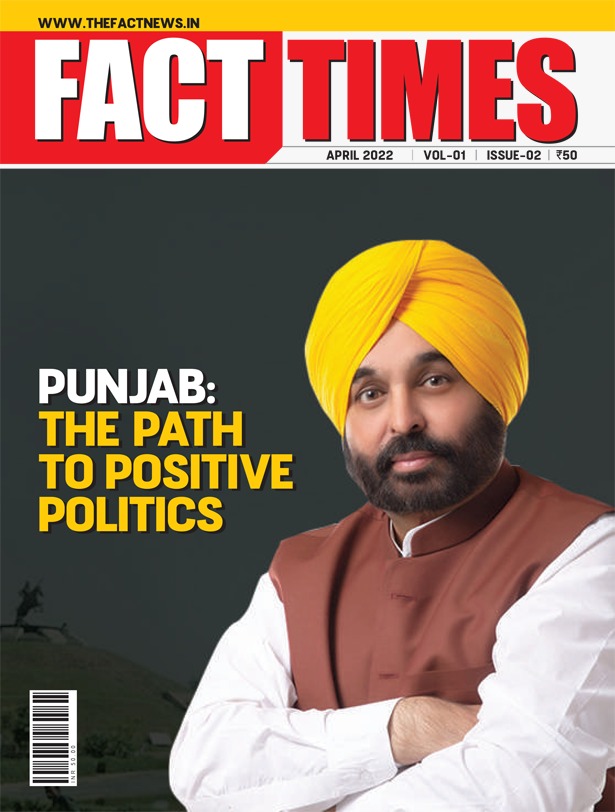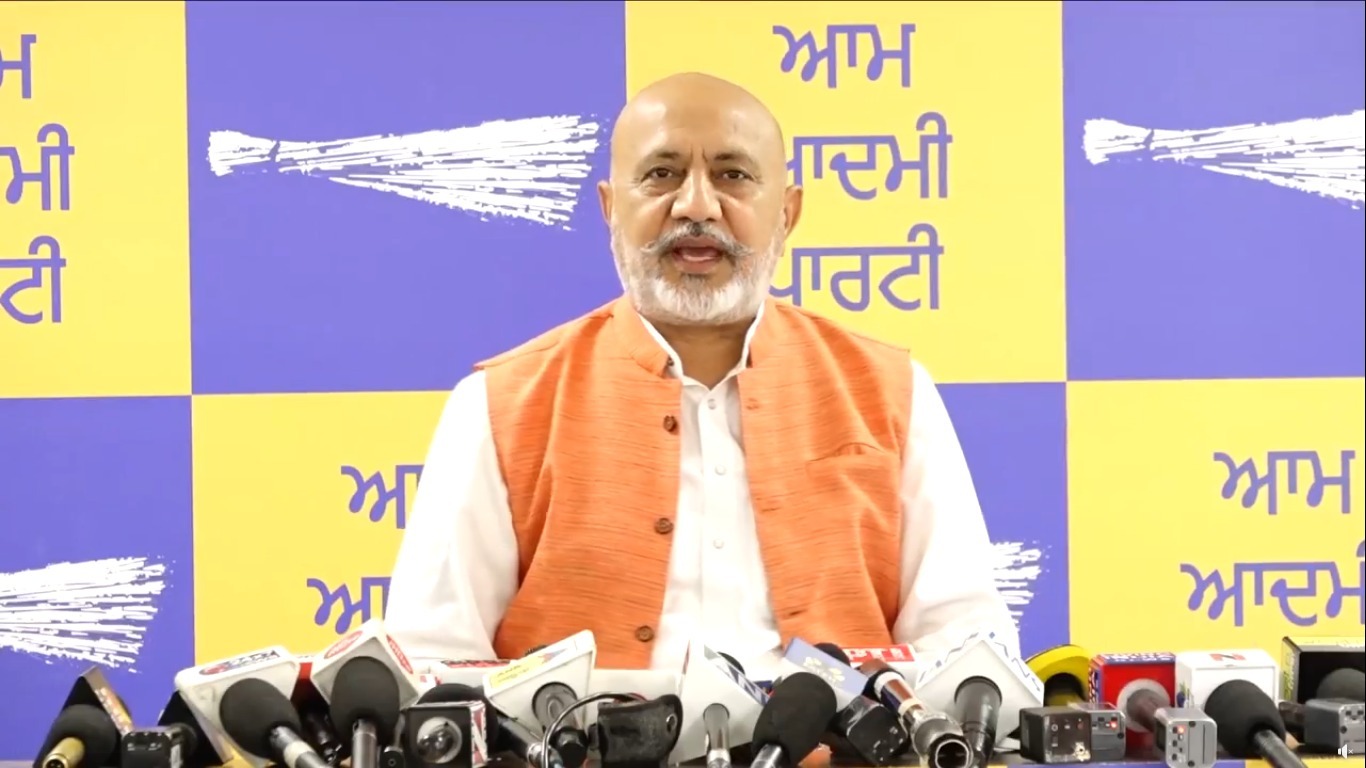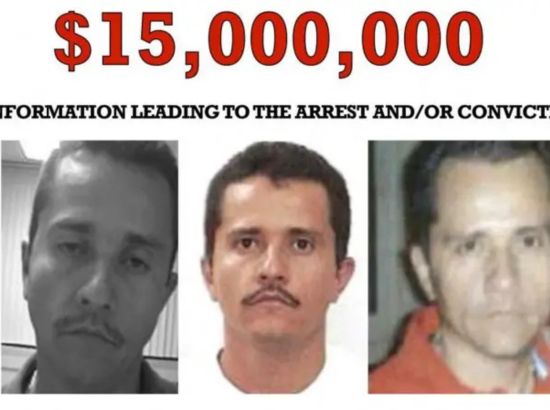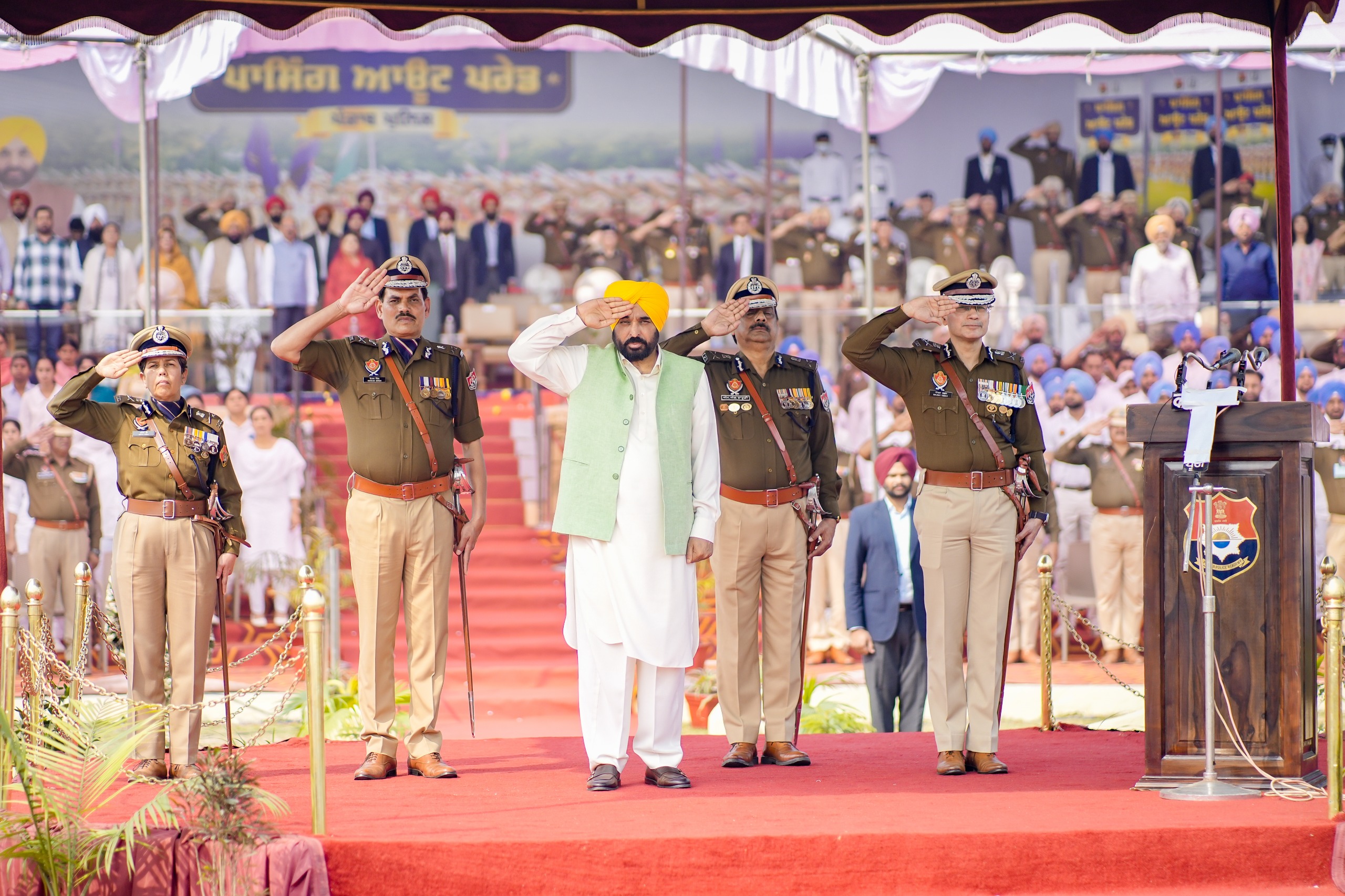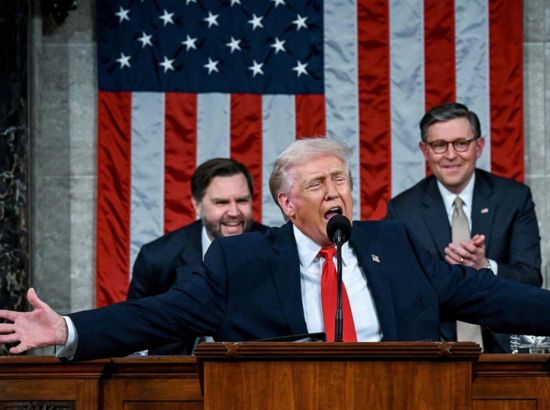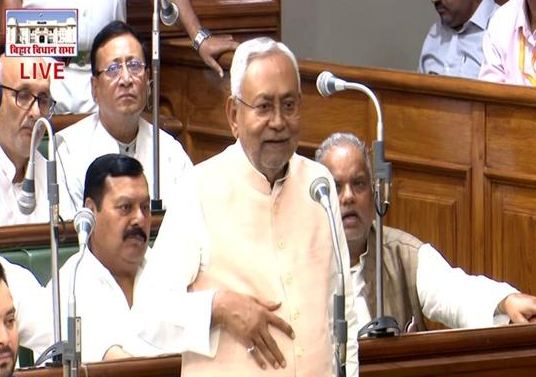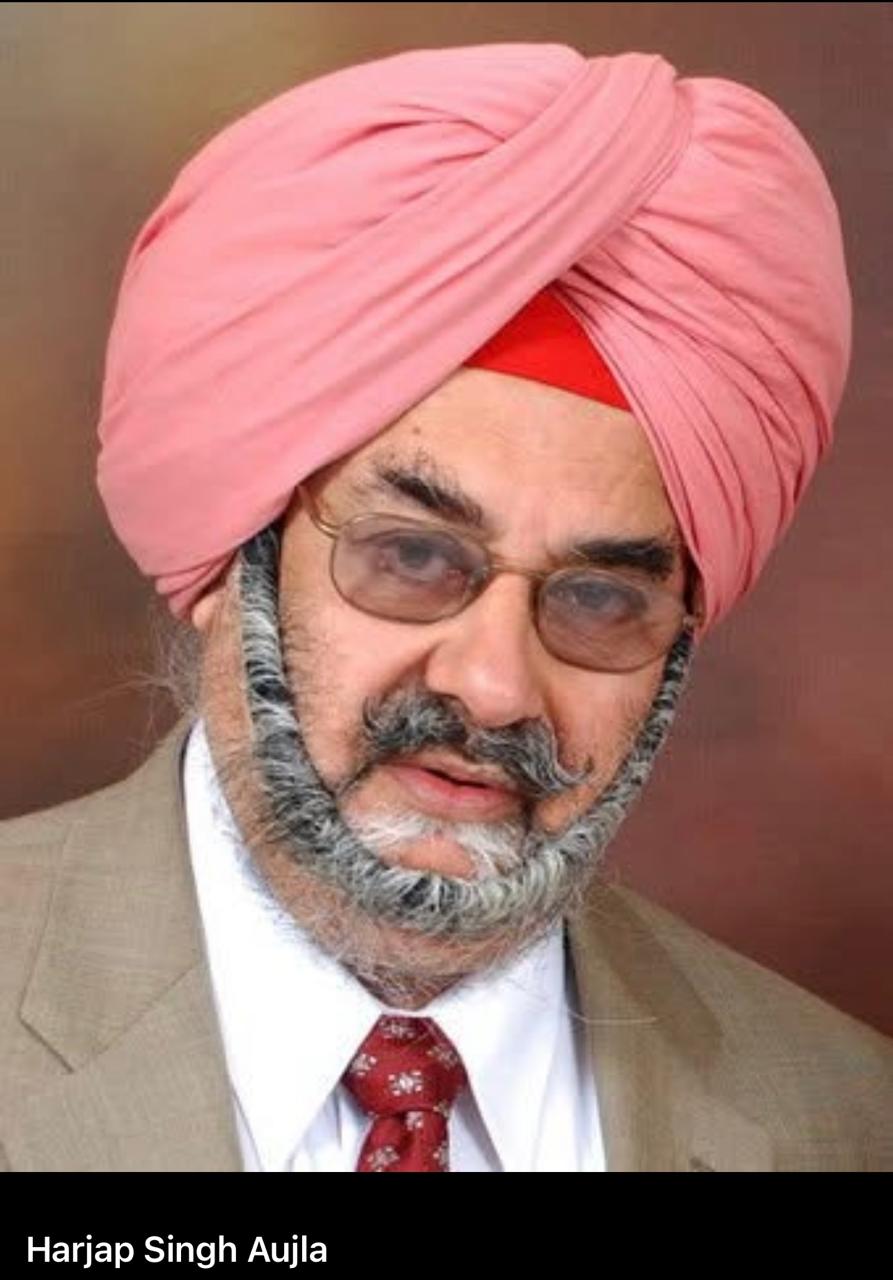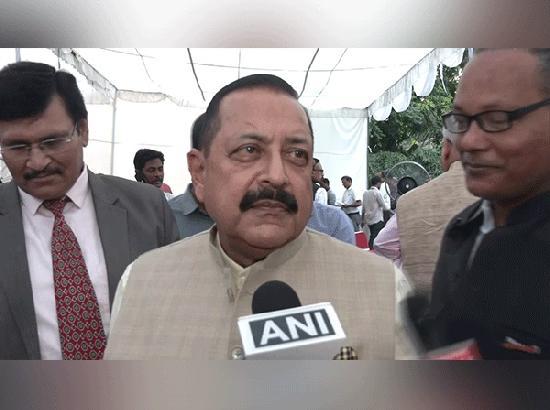Faith, Politics, and Timing: Dera Beas Visit to Majithia, Akali Huddles, and Sanction to Prosecute Majithia Create Ripples in Punjab
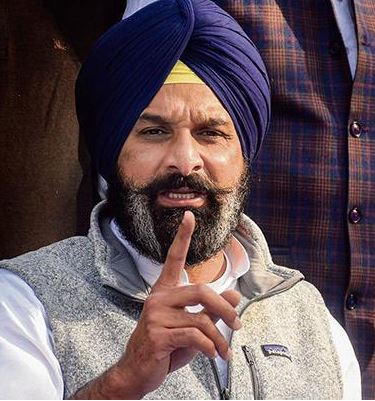
Fact News Service
Chandigarh, November 8: Punjab’s political waters rarely stay still — and the past few months have offered another reminder. A quiet spiritual visit, a closed-door political meeting, and a long-pending legal sanction have together set off a wave of speculation, hinting at a churn beneath Punjab’s complex surface of faith and politics.
The Visit That Set the Tone
It began with a quiet visit by the chairperson of the Radha Soami Satsang Beas (RSSB) to Bikram Singh Majithia in Nabha jail. The meeting, described by those familiar with it as “personal and spiritual,” was seen as an expression of solidarity with the family of former minister Bikram Singh Majithia, who remains lodged in jail in connection with cases under the NDPS Act and a disproportionate assets probe.
Though the Dera Beas leadership has consistently kept its distance from active politics, its sheer social and spiritual influence in Punjab means that even apolitical gestures seldom go unnoticed. The dera’s outreach, particularly toward a family long intertwined with Akali politics, set off quiet curiosity among observers.
“In Punjab, religious institutions move carefully — but when they move, everyone watches,” said a senior political analyst based in Jalandhar. “This visit may have been spiritual, but the timing gives it political texture.”
The Badal Huddle
Barely three days after the Dera Beas chairperson’s visit, Sukhbir Singh Badal, accompanied by Harsimrat Kaur Badal and Ganieve Grewal, also met Majithia in jail. This was the first meeting of Sukhbir with his brother-in-law.
Sources say discussions included the party’s messaging, grassroots revival plans, and the leadership vacuum created by Majithia’s incarceration. Significantly, the deliberations also touched upon the strained relationship between the SAD and the Bharatiya Janata Party (BJP) — a relationship that once defined Punjab’s coalition politics.
Party sources now concede, off record, that the likelihood of a SAD-BJP alliance for the 2027 Vidhan Sabha polls is virtually nil.
The BJP, buoyed by its independent expansion plans in Punjab, has shown little interest in reviving old ties, while the Akalis, still nursing wounds from the farmers’ protest fallout, are wary of alienating their rural base again.
“Both sides have moved on,” said a former SAD strategist. “The BJP wants new regional partners, and the Akalis are looking inward. The 2027 election will mark a clean break.”
The Governor’s Sanction — and Its Timing
As these developments unfolded, Punjab Governor Gulab Chand Kataria added a legal twist by granting sanction to prosecute Majithia in the disproportionate assets case — a decision pending for months.
The approval was based purely on procedural recommendations from the Vigilance Bureau and the Home Department.
“In Punjab, timing is never an accident,” remarked a senior bureaucrat. “When faith, family, and legal orders align in a single week, everyone starts connecting dots — whether rightly or wrongly.”
Whether coincidental or coordinated, the Dera Beas chairperson’s visit to the Majithia family, the Badals’ closed-door strategy session, and the Governor’s sanction against Majithia have together reshaped the conversation in Punjab’s political circles.
The developments signal both a spiritual outreach and a political reckoning — a week that blended faith, timing, and consequence in the state’s ever-fluid narrative.
As one observer summed it up, “In Punjab, politics never moves in isolation. There’s always a message — even in silence.”



